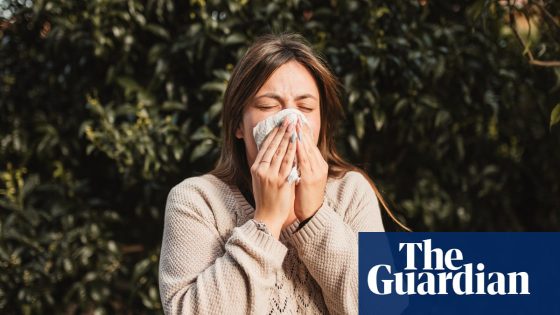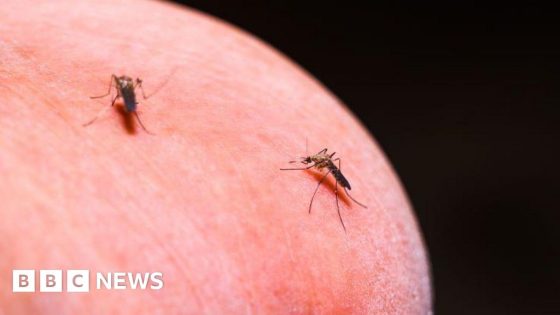Allergy season is increasingly challenging for many, with seasonal allergies affecting approximately 26% of adults in the US and UK. Recent studies indicate that warming global temperatures have extended pollen seasons by 20 days since 1990, making it crucial to manage symptoms effectively.
- Allergy season is getting longer due to climate change.
- 26% of adults have seasonal allergies in the US.
- Common symptoms include sneezing and itchy eyes.
- Start medications two weeks before pollen season.
- Lifestyle changes can reduce pollen exposure.
- Consult an allergist if symptoms persist.
Experts warn that pollen seasons are now nearly year-round in some areas. As we approach the peak of allergy season in 2025-05-13 20:01:00, understanding how to identify and treat these allergies is essential for relief.
Many people wonder how to distinguish between seasonal allergies and other conditions. Common symptoms include itchy eyes, sneezing, and nasal congestion. If over-the-counter medications aren’t effective, consider these recommendations:
- Start allergy medications two weeks before the pollen season.
- Keep windows closed and use air conditioning to reduce indoor pollen.
- Shower and change clothes after being outdoors to minimize pollen exposure.
- Consult an allergist for potential immunotherapy options if symptoms persist.
As allergy seasons become longer and more intense, staying proactive about your health is vital. Don’t hesitate to seek professional advice to find the best strategies for relief.

































